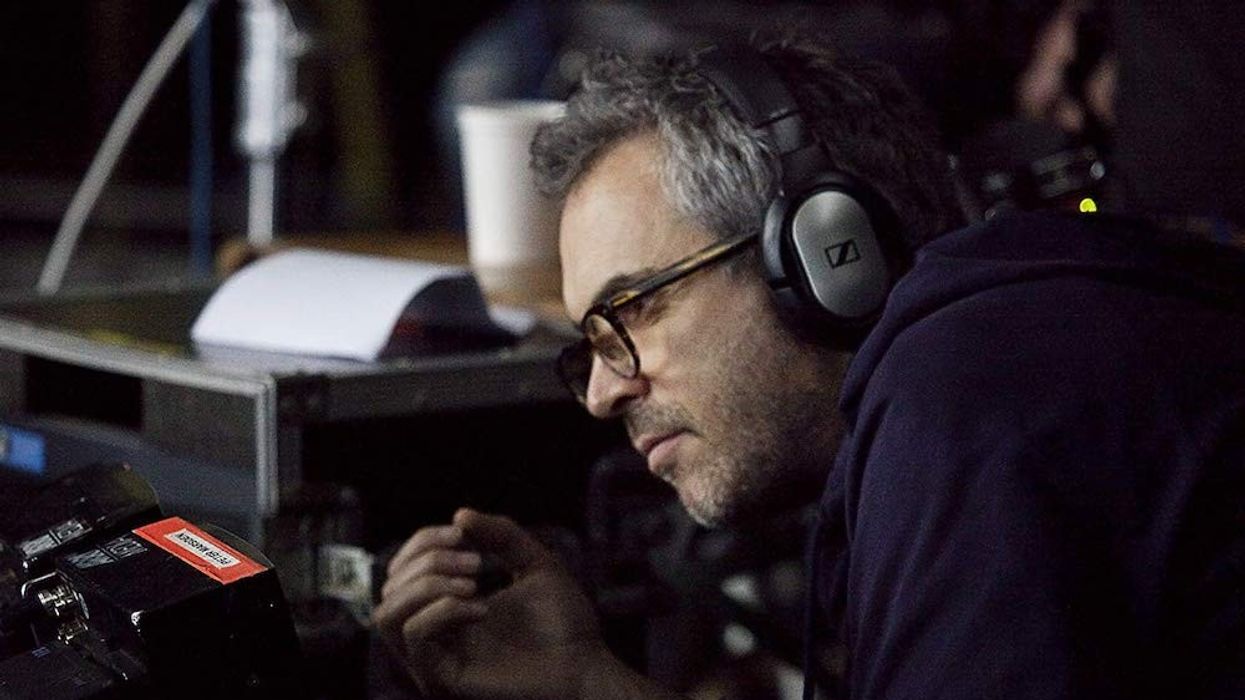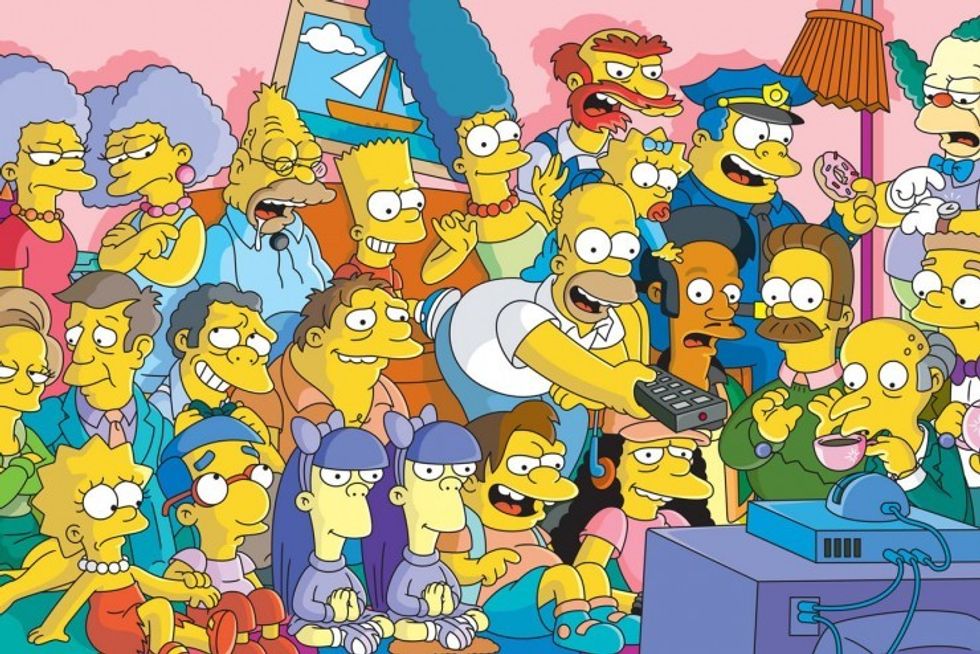Why Alfonso Cuarón is Searching for New Voices
Director Alfonso Cuarón wants Hollywood to step up without being pressured. But will they?

We all want to find our Hollywood mentor, the person who helps us understand the business and finds us work. Ideally, these mentors are raising up new and diverse voices, who can help Hollywood find its way into the 21st century.
But until that happens, Hollywood is beginning to govern themselves. Case in point, the new Academy standards for Best Picture.
Still, not all of Hollywood loves the rules...but not for the reason you think.
Alfonso Cuarón spoke with Indiewire last week and this is what he had to say, “Everybody is trying to figure out ways of making more diverse cinema. The interesting thing is that it’s not coming naturally. Everybody has to respond to outside pressures. That’s a little bit disappointing—that it needs to go through rules and regulations for things to happen when it should just be a natural process of societal evolution that apparently is not happening.”
But that natural process has failed, and not because of people like Cuarón, who actually takes the time to mentor and develop new voices.
This year, he's the executive producer on The Disciple, the sophomore film from 33-year-old Indian director Chaitanya Tamnahne. It won Best Screenplay ahead of its bookings at TIFF and NYFF.
This is part of Cuarón's mission in Hollywood, one I think every successful filmmaker should follow. He said, “You grow up following the old masters. There’s a point at which you have to start connecting to the new masters. Not only are they taking the torch, but they’re forging the new roads of cinema. If you want to remain relevant, it’s an act of selflessness. Otherwise, you end up just repeating the same old bullshit as opposed to moving forward.”
Cuarón actively participates in mentorship programs like the Rolex Mentor and Protogé program, among others.
He's also leading the way in where entertainment is going, like with his new TV deal with Apple. He said, “Look, in many ways—pandemic or not—it’s unquestionable that how people experience films and entertainment is changing, not only as a business but as a culture. I consider it a mistake as a filmmaker to say, ‘Well, they will adapt to smaller screens.’ I think it’s the opposite. Smaller screens have to adapt to cinematic visions.”
It will be interesting to see where he goes from here, both as an ally and as a director. He's obviously found a ton of success releasing with Netflix.
Like him, I think it's important to mentor and foster the next generation of voices. It will make for better cinema all around. And I think the advent of new technology and new platforms creates more and more room for those kinds of stories to flourish.
While the Academy Awards may have changed its parameters, I think it's a good sign that we can take a step forward without waiting for people to catch up.
Let me know what you think in the comments.














